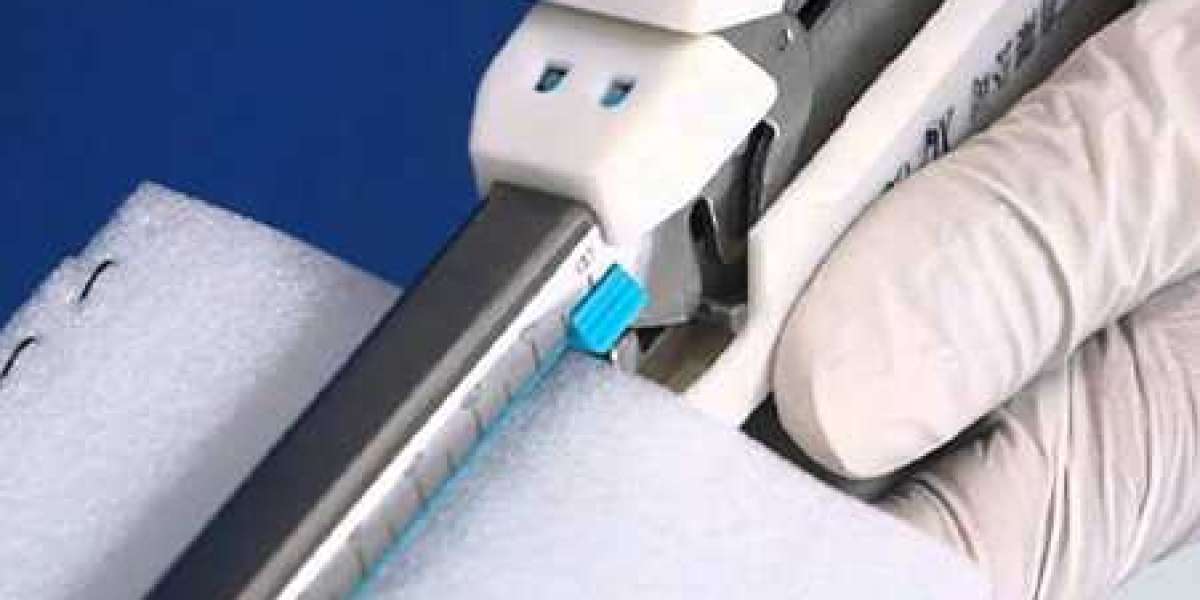Medical-grade Nitinol, a remarkable alloy of nickel and titanium, has revolutionized the field of medicine, particularly in minimally invasive surgeries, medical devices, and implants. Its unique properties of superelasticity and shape memory, combined with biocompatibility, have made it an ideal material for a wide range of medical applications. In this article, we explore the science behind Nitinol, its advantages in the medical field, and the various applications that have propelled it to the forefront of medical innovation.
What is Nitinol?
Nitinol is a nickel-titanium alloy with two key characteristics that distinguish it from other materials:
Shape Memory: Nitinol can "remember" its original shape and return to it after being deformed. When heated above a certain temperature, it reverts to its pre-deformed shape, a property that is exploited in medical devices that need to be compacted for insertion but expand to their functional size once in place.
Superelasticity: Nitinol exhibits remarkable flexibility and elasticity. It can undergo significant deformation and still return to its original form, which allows for the design of devices that can adapt to the body's natural movements without breaking or permanently deforming.
These properties stem from Nitinol’s ability to undergo a reversible phase transformation between two crystal structures: austenite and martensite. This transformation, influenced by temperature or mechanical stress, provides the material with its unique capabilities.
Biocompatibility: A Key Feature for Medical Use
For any material to be suitable for medical use, especially in implants, biocompatibility is crucial. Medical-grade Nitinol has excellent biocompatibility, meaning it does not trigger significant immune responses and is generally well-tolerated by the body. Its nickel content has raised concerns, as nickel is known to cause allergic reactions in some people. However, medical-grade Nitinol undergoes stringent surface treatments, including passivation and oxidation, to reduce the release of nickel ions, making it safe for most patients.
Applications of Nitinol in Medicine
The unique properties of Nitinol make it an invaluable material in several medical fields, particularly in cardiology, orthopedics, and minimally invasive surgery. Here are some of its most common applications:
1. Cardiovascular Devices
Nitinol is most famously used in the development of stents and guidewires. Stents are small mesh tubes used to open up arteries that have been narrowed due to plaque buildup. Nitinol’s superelasticity allows the stent to be inserted in a compact form and then expand to the correct size when in place. Its shape memory ensures that it stays open to keep the artery clear.
Additionally, Nitinol is used in vena cava filters, devices implanted in the inferior vena cava to prevent pulmonary embolism by trapping blood clots traveling from the lower body to the lungs.
2. Orthopedic Implants
Nitinol’s elasticity and shape memory are particularly useful in orthopedic surgeries. Devices like bone staples and spinal implants made from Nitinol can adapt to dynamic forces within the body, reducing the risk of breakage or wear. Nitinol bone staples, for example, are used to hold bone fragments together in a compressed state, helping them heal properly. Once implanted, the staples can exert a continuous compressive force, promoting faster and more efficient healing.
3. Minimally Invasive Surgery
Instruments such as catheters, surgical tools, and retrieval baskets used in minimally invasive procedures are often made from Nitinol. The flexibility and durability of Nitinol allow these instruments to be bent and maneuvered through the body's narrow passageways without permanent deformation. This is essential for procedures like angioplasty or kidney stone removal, where precision and flexibility are critical.
4. Dentistry
Nitinol wires are used in orthodontics, particularly for braces. Their shape memory allows the wires to exert constant, gentle pressure on the teeth, moving them into the desired position over time. Nitinol's ability to maintain its shape even after deformation ensures that these wires remain effective throughout the treatment period.
Advantages of
The use of Nitinol in the medical field brings several advantages:
Minimally Invasive Solutions: Nitinol's ability to change shape and adapt allows for the development of minimally invasive devices, which reduce patient recovery times, lower infection risks, and minimize scarring.
Durability: Nitinol’s superelastic properties ensure that medical devices can withstand repetitive strain without losing functionality, making them long-lasting and reliable.
Patient Comfort: Its biocompatibility and adaptability make Nitinol-based implants more comfortable for patients. For example, stents or orthodontic wires made from Nitinol move with the body, reducing irritation and discomfort.
Customizability: Nitinol can be engineered to change shape at specific temperatures or exert different forces based on the needs of the application, allowing for highly customized medical solutions.
Challenges and Future Directions
While Nitinol has many advantages, challenges remain. The cost of Nitinol is higher than that of many traditional materials, and manufacturing complexities make it harder to produce. The presence of nickel, despite its biocompatibility, still raises concerns, and researchers are exploring new coatings and treatments to further reduce any risk of allergic reactions.
Looking forward, research into improving the durability and enhancing the surface properties of Nitinol continues. There is also growing interest in using Nitinol in robotics and soft tissue surgeries, where its ability to mimic natural movement could lead to groundbreaking innovations.
Medical-grade Nitinol is a transformative material that has opened new horizons in the field of medicine. Its unique properties of shape memory, superelasticity, and biocompatibility make it ideal for a variety of medical applications, from stents and implants to minimally invasive surgical tools. As research progresses, Nitinol’s role in medicine is set to expand even further, offering hope for more advanced, patient-friendly medical solutions in the future.













